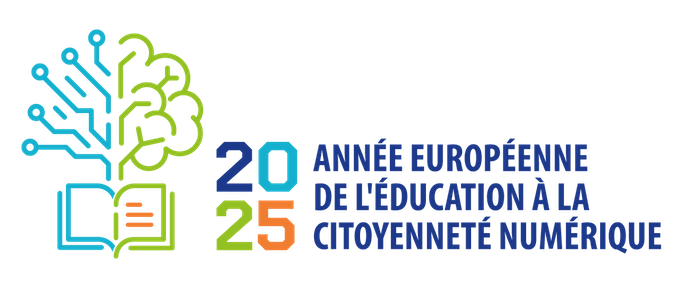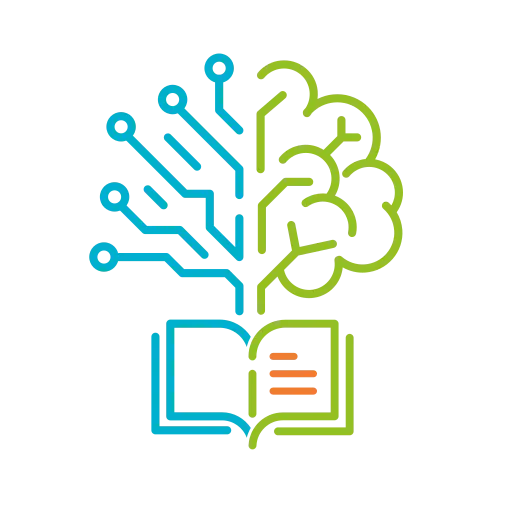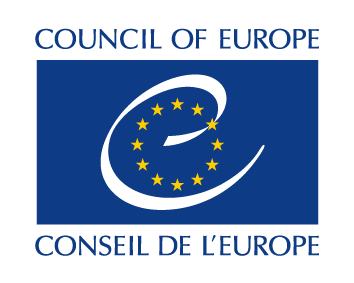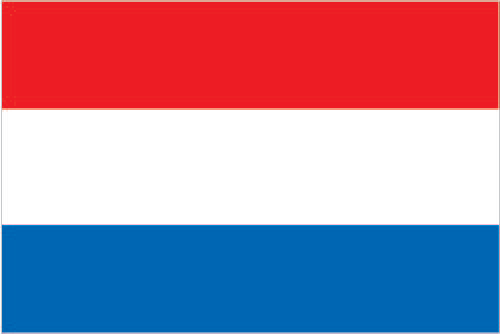According to the national authorities responding to the survey, the DCE Recommendation or principles from the Council of Europe do not appear in any policy document or legislation.
- Digitisation Agenda for Primary and Secondary Education (2019) that aims for pupils and teachers to be digitally literate, to have secure digital infrastructure and available digital learning resources, and a sustained focus on ethics of digitisation in education. It aims to make digital literacy part of the curriculum, including media literacy and involving the education sector and the business community. Tools and guidelines will support schools in conducting discussions about educational values in relation to digitisation, both within the schools and between the school and developers of digital products and services.
- Dutch Digitalisation Strategy (DDS) 2021: updates the DDS adopted in 2019 in light of the pandemic. The digital skills part focuses on the digital infrastructure and learning resources, funded by the Growth Fund.
- On the 13th of September 2024, the new government published its plans. In the chapter on education, the new government does announce that attention will be paid to citizenship and digital literary (in the Netherlands those two are identified as two separate objects). What this ‘attention’ means concretely, has not yet been explained.
- In 2024 the Dutch Institute for Curriculum Development (SLO) published concept learning goals for the specific learning areas of citizenship education and digital literary for primary and secondary education in terms. The concept goals are currently being tested at primary and secondary schools in the Netherlands, but the date for the set of definite goals to be implemented is still unclear (expected in spring 2025).
Sources
- https://cdn-assets.inwink.com/b0269dea-af7b-4460-b29a-c40b9941c4c5/df0a1bd5-7569-436c-9dcc-d33b65e3eb98
- https://www.nederlanddigitaal.nl/documenten/publicaties/2021/06/22/the-dutch-digitalisation-strategy-2021-eng
- Regeerprogramma. Uitwerking van het hoofdlijnenakkoord door het kabinet (13 september 2024).
- https://www.slo.nl/thema/meer/actualisatie-kerndoelen-examenprogramma/



